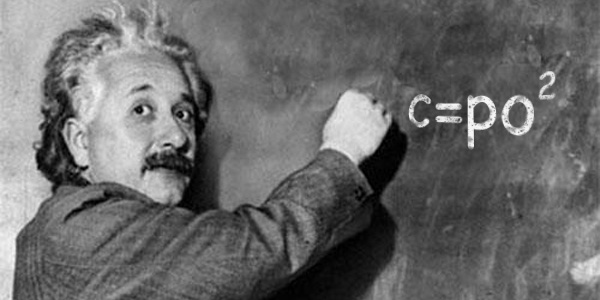Editor’s Note: Ardent Partners is pleased to present the thirteenth installment of our annual benchmark procurement research study, CPO Rising 2018: The Age of Intelligence, and make it available for download (click the link), courtesy of our industry partners. This year’s theme, The Age of Intelligence, explores the many dimensions of intelligence — its concept, its distinctions, and its applications to the modern procurement function. We hope that procurement leaders will find it enlightening. Click to download your complimentary copy.
For centuries, scientists and scholars have examined the human mind in an attempt to distill human intelligence to its essence. While it is broadly accepted that there are different types of intelligence (analytical, emotional, creative, visual, etc.), debate continues over how to define it, what it should measure, and how to measure it. For example, many attempts to define intelligence place it within some larger context — intelligence, as defined in many of the unique cultures around the world, emphasizes that society’s most highly-prized ideals and customs. Likewise, experts in different academic and scientific disciplines list highly distinct capabilities in their own definitions of intelligence. Today, intelligence remains both an abstract concept and something that many believe can be finitely quantified. And, while the collective understanding of intelligence and its direct and indirect impact on events and outcomes continues to gain clarity, a universal definition remains elusive.
It is no less complicated in the realm of procurement, where there are many unique types of knowledge and intelligence — both traditional (i.e., category management, supply market, process-based, etc.) and emerging (i.e., data science and predictive supply management) — that can contribute significantly to the success of the department and overall enterprise. To be successful in 2018, Chief Procurement Officers (CPOs) must ensure that their teams are intelligent and are able to “acquire and apply knowledge and skills” in each of these key areas.
At the management level, an “intelligent” CPO must possess a dynamic range of leadership, communication, analytical, and relationship-building skills and combine them with an ability to offer clear guidance and insight in support of business strategy and overall objectives. And, just as a person’s IQ score has been shown to have a high correlation with success in many of life’s pursuits, including academics, employment, future income, and even life expectancy, “procurement intelligence” is similarly correlated to a CPO’s overall career success.
Of course, intelligence is equally important at the organizational level, and smart CPOs know that they must develop and expand the organization’s intellectual capacity and invest in ways to fully leverage it across the entire scope of operations. Want to know what makes for an intelligent CPO and procurement team? Hint: it’s not an Ivy League degree or a famous last name (although they certainly help). Download the report and read for yourself.
RELATED ARTICLES
Call for Speakers for the CPO Rising 2018 Summit
Get the CPO Rising 2018: The Age of Intelligence Report Today!
CPO Rising 2018: The Age of Intelligence


Pingback: 顧客が直面する『購買改革』のカギはテクノロジー | トライツコンサルティング
Pingback: 顧客が直面する『購買改革』のカギはテクノロジー – トライツコンサルティング株式会社
Pingback: 顧客が直面する『購買改革』のカギはテクノロジー | トライツコンサルティング株式会社